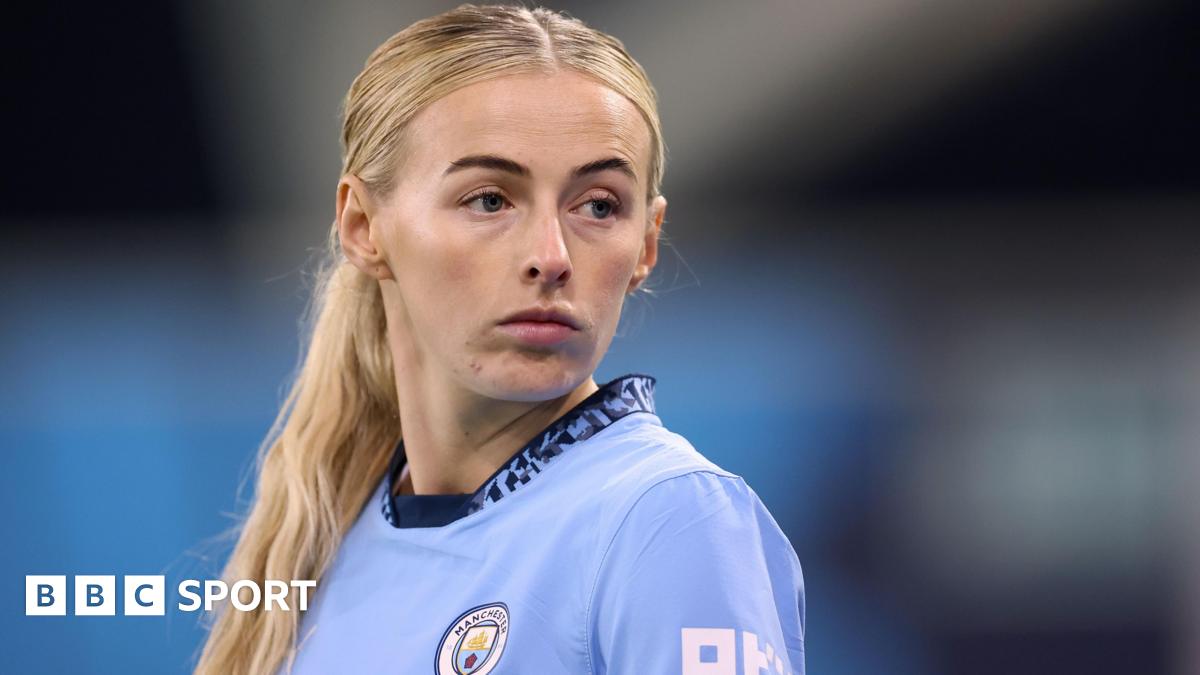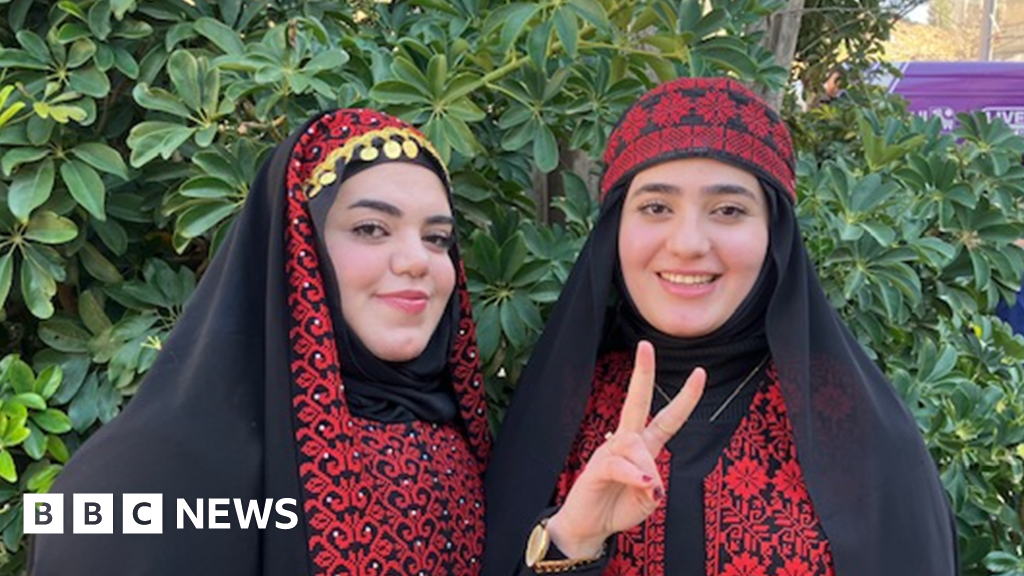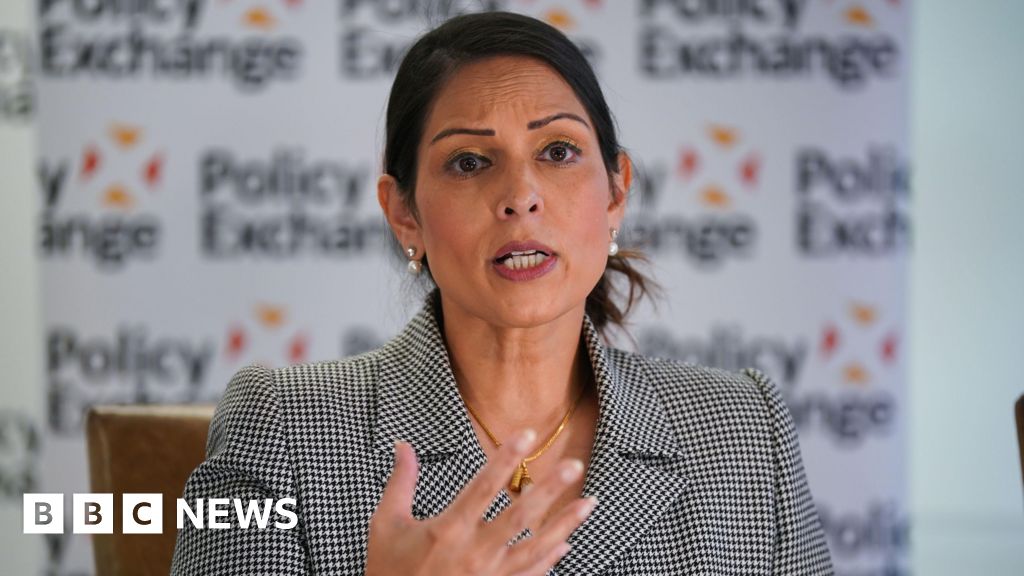A new three-year project researching anterior cruciate ligament injury prevention is being launched in the Women's Super League.
The Professional Footballers' Association (PFA), Fifpro, Nike and Leeds Beckett University have joined forces to fund the research.
It will focus on environmental factors that increase the risk of ACL injuries in female footballers.
Just over half of the 12 WSL clubs have agreed to participate and will be assessed on a number of factors including their facilities, the number of staff in ratio to their squad sizes, frequency of access to training facilities, travel and playing schedules.
Fifpro's Dr Alex Culvin, head of strategy and research for women's football, hopes 'Project ACL' will eventually be expanded to professional leagues worldwide.
"We've had a really positive response so far," said Culvin, who stressed there is an expectation that more WSL clubs will participate when the season ends.
"We don't need club buy-in, but we really want club buy-in. This is an opportunity for clubs to contribute to a better future for professional women's football."
Research suggests female footballers are two to six times more likely to suffer ACL injuries than their male counterparts.
England captain Leah Williamson missed the 2023 Women's World Cup with an ACL injury, after former Ballon d'Or winner Alexia Putellas was ruled out of Euro 2022 with the same injury.
Arsenal's Beth Mead and Vivianne Miedema, as well as Chelsea's Sam Kerr have also suffered ACL injuries recently.
Dr Stacey Emmonds, an expert in Sports Performance at Leeds Beckett University says the injury rates are "consistent" with previous seasons, but because of the growing professionalisation of the game, we should expect a decline in the numbers.
Previous research has largely focused on physiological factors including menstrual cycles, football boots and body position.
But Emmonds believes the "narrative" around female ACL injuries can be misleading.
"We know a lot of the language [says] some of these risk factors are inherent to females and suggests that we just need to accept that - but we know they can be influenced," said Emmonds.
"For example, we know from a younger age girls receive less strength and conditioning training - that underpins reducing some of the injury risks.
"We know there is research looking at neuromuscular programmes. [This is] not being explored in female athletes. There's a need for broad research and we feel one of the biggest things is the environmental factors in the women's game."
Former England defender Fern Whelan, now a women's football executive at the PFA, says the project was launched in response to players calling for more research as there is "real concern and frustration that more isn't being done".
"It's our duty as a union to respond to that and show we have a lot of passion for it. It's a player welfare thing and one we take very seriously," she added.
The second year of the project will focus on player-led feedback and England defender Lucy Bronze says it is "important to hear the players' voices".
"Ultimately we're the ones that go through it. There's parts of information that [people] don't think about or skip over that players think is important," said Bronze.
"There is so much talk and a lot of wrong information that gets put out. There isn't a quick fix. We need to do this finely tuned research so we can say 'these are the key factors and the focus points'.
"There's no point in playing if you feel like you're just going to keep getting injured. You want the best environments and it does play on some players' minds."

 9 months ago
37
9 months ago
37









